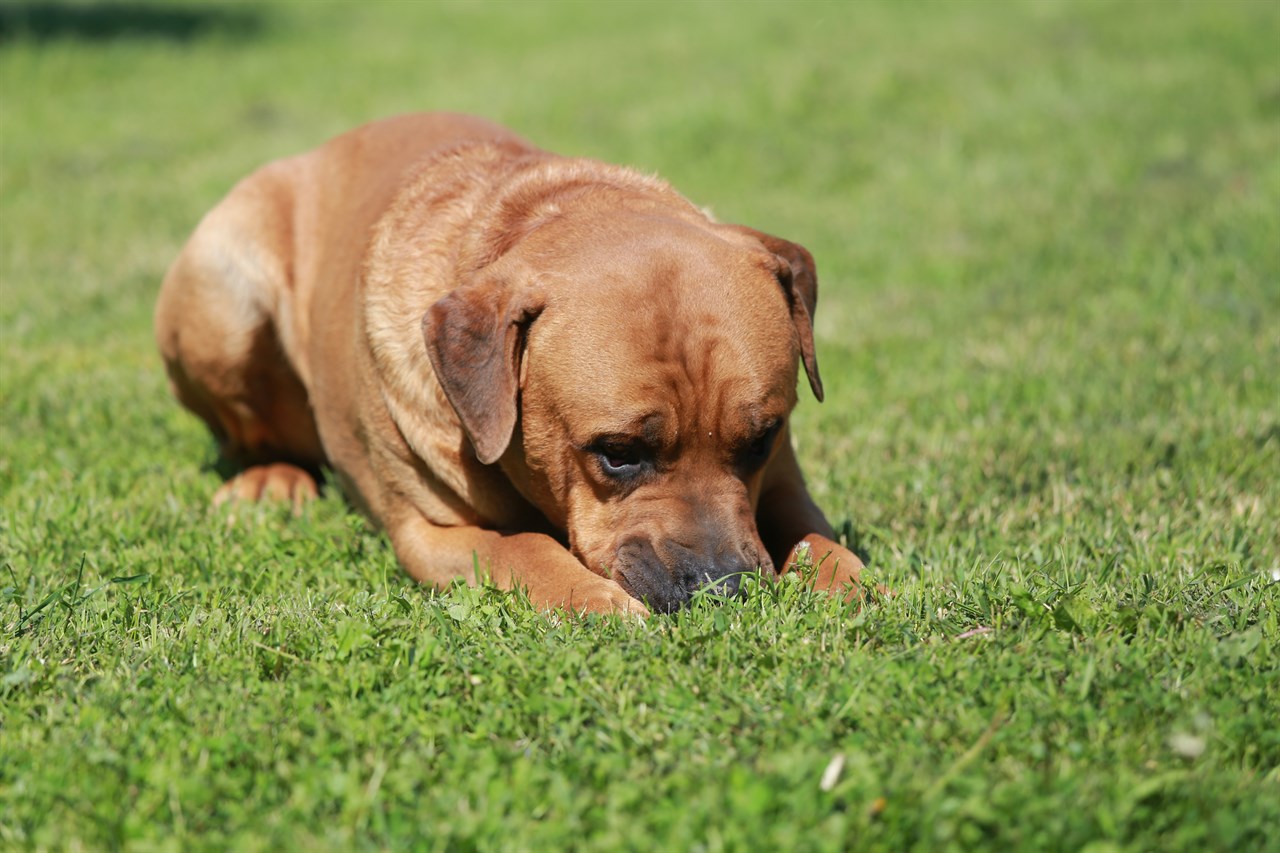Trainability of the Tosa Inu: A Look at Their Learning Potential

The Tosa Inu, with its noble demeanour and imposing stature, possesses a unique blend of traits that influence its trainability. While they are intelligent and can be trained to be well-behaved and obedient, Tosa Inus also have some characteristics that may require a specific approach to training. Here's an exploration of the overall trainability of the Tosa Inu.
Intelligence
Tosa Inus are intelligent dogs. They can quickly grasp commands and understand what is expected of them. This intelligence can work to your advantage during training sessions as they are often eager to learn and please their owners.
Independent Nature
One aspect that can affect the trainability of Tosa Inus is their independent streak. They are not as inherently eager to please as some other breeds, which means they may occasionally question the need to follow commands. This independence can make training more challenging at times, but it's not insurmountable.
Leadership and Respect
Tosa Inus have a natural inclination to be leaders, and they often need a firm and consistent leader in their human owners. It's crucial to establish yourself as the pack leader early on to gain their respect and cooperation. Positive reinforcement methods that reward good behaviour with praise, treats, and playtime work well with this breed.
Socialisation
Proper socialisation from a young age is vital for Tosa Inus. It helps them become well-adjusted, confident dogs that can interact with other dogs and people safely. Without adequate socialisation, they may become aloof or wary around strangers and other animals.
Obedience Training
Obedience training is a crucial aspect of raising a Tosa Inu. These dogs are strong and can be dominant, so teaching them basic obedience commands like "sit," "stay," "down," and "come" is essential for both their safety and the safety of others.
Positive Reinforcement
Tosa Inus respond well to positive reinforcement techniques, which involve rewarding good behaviour with treats, praise, and affection. Consistency and patience are key when using positive reinforcement, as it may take some time for them to fully grasp commands and consistently follow them.
Early Start
Begin training your Tosa Inu as early as possible, ideally when they are still puppies. Early training and socialisation lay the foundation for a well-behaved adult dog.
Professional Help
If you encounter difficulties in training your Tosa Inu, consider seeking the assistance of a professional dog trainer or behaviourist. They can provide guidance, assess your dog's specific needs, and offer tailored training solutions.
Conclusion
In summary, the trainability of the Tosa Inu depends on various factors, including their intelligence, independent nature, and the training methods used. With the right approach, consistency, and patience, Tosa Inus can become well-mannered and obedient companions. Early socialisation, positive reinforcement, and establishing yourself as a firm but fair leader are key to successfully training a Tosa Inu. While they may present certain challenges due to their independent streak, their loyalty and intelligence make them capable of learning and following commands with the right training and guidance.